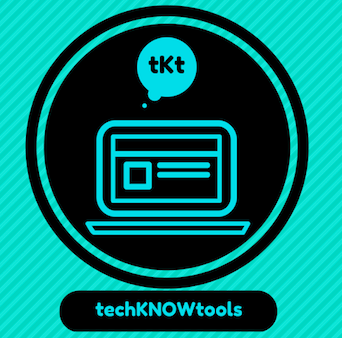Action research (Koshy, 2005), also known as participatory action research, is a method of research that can combine a framework for public, reflective inquiry. It offers a way for academics and scholars to work with individuals or communities, such as learners or communities of practice, to investigate issues together to find a solution-oriented approach. For educational settings, this might often be the “teacher-as-researcher” research approach (Elliot, 1991; McNiff, 2013).
Image c/o New Mexico State University, College of Education Research and Budgeting
The premise for the action research method is that researchers study with the subject(s), rather than research on or outside the subject(s) as a hierarchy or “expert” (Cousin, 2008). Action research is a journey that experiences transformative findings with linear, sequential relationship between the hypothesis, research activity and the research findings, i.e. a proposed solution.
Another branch of this research includes, community-based participatory action research (CBPR), involves researching a group or community where research is conducted:
“by community members, so that research results both come from and go directly back to the people who need them most and can make the best use of them.“
CBPR research will grow in education as it is impacted with emerging technologies and learning pedagogy design, while needing to meet standards and managing fiscal challenges. This research method allows for project ideas and measurement outcomes to be designed by the community population to shape the research agenda. Participation in research by the community often results in generating greater sociopolitical awareness and effecting systemic change in the community (Jason et al., 2004). From other case studies described by Jason et al. (2004), CPBR has improved upon the quality of scholarly work, developed research outcomes, created intervention tools, and increased quality collaborations on projects.
References
Cousin, G. (2008). Researching learning in higher education: An introduction to contemporary methods and approaches. Routledge.
Elliott, J. (1991). Action research for educational change (Vol. 49). Buckingham: Open University Press.
Jason, L. A., Keys, C. B., Suarez-Balcazar, Y. E., Taylor, R. R., & Davis, M. I. (2004). Participatory community research: Theories and methods in action. American Psychological Association.
Koshy, V. (2005). Action research for improving practice: A practical guide. Sage.
McNiff, J. (2013). Action research: Principles and practice. Routledge.


Reblogged this on orgcompetet.
LikeLike